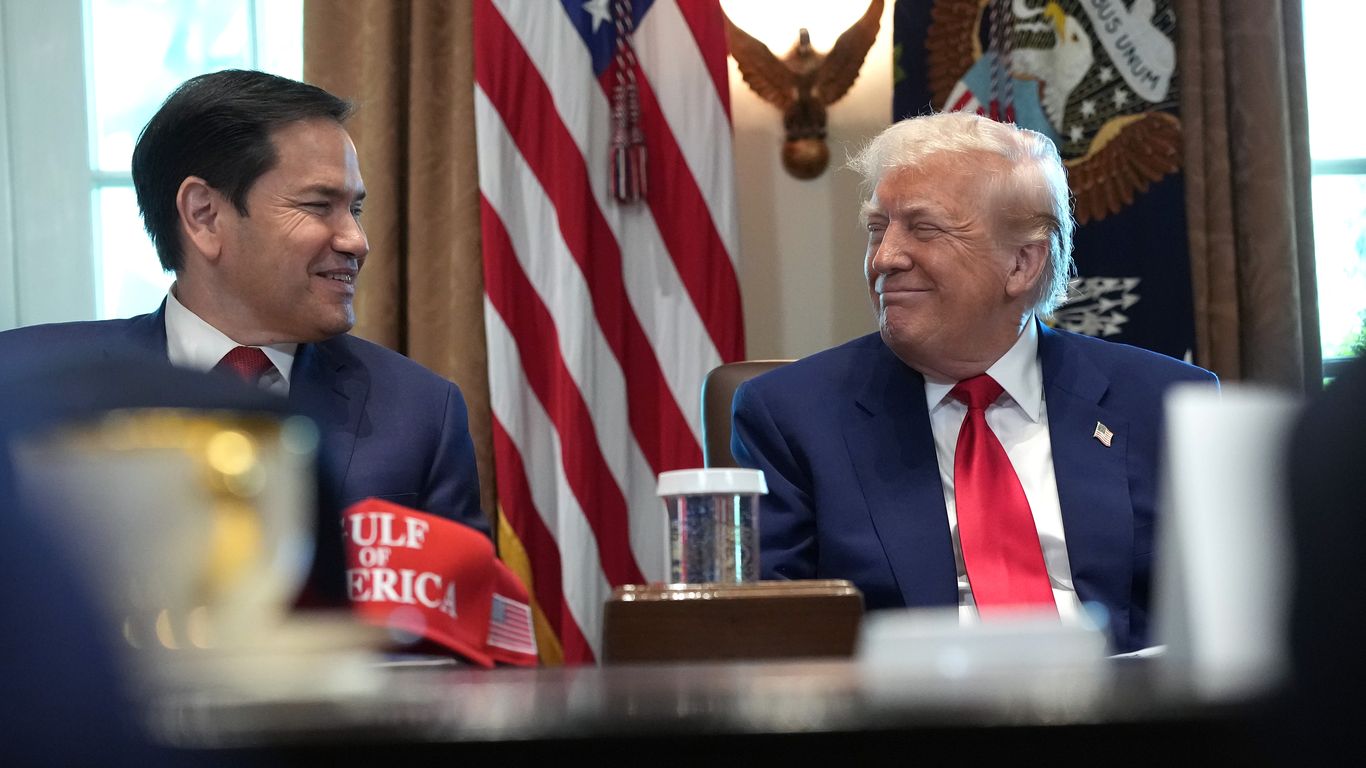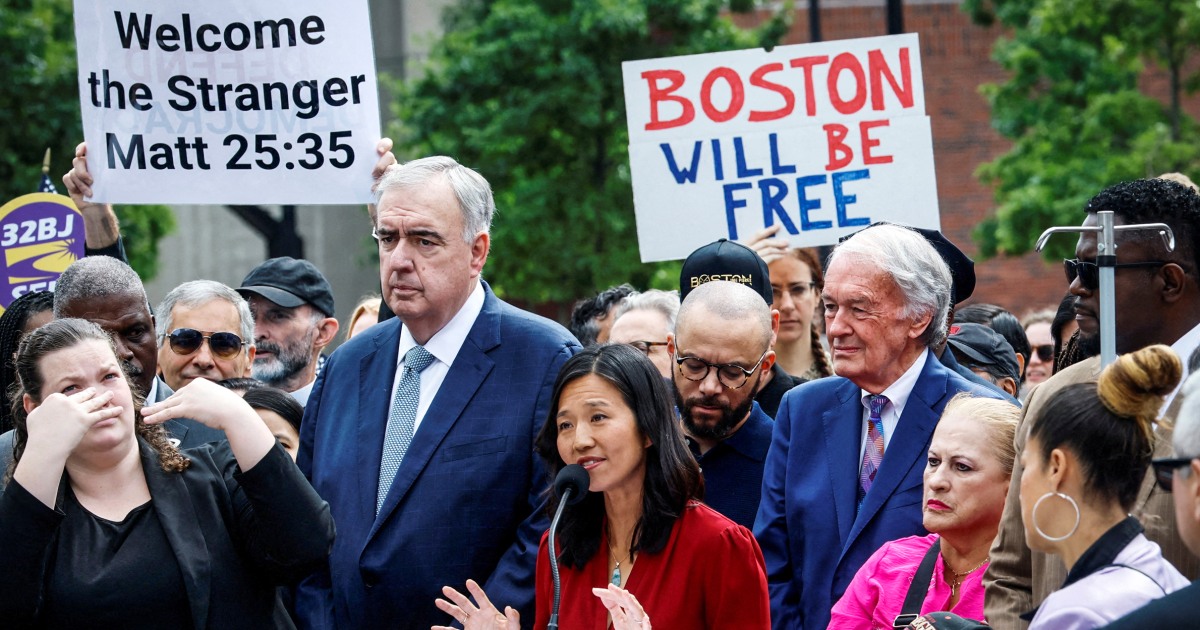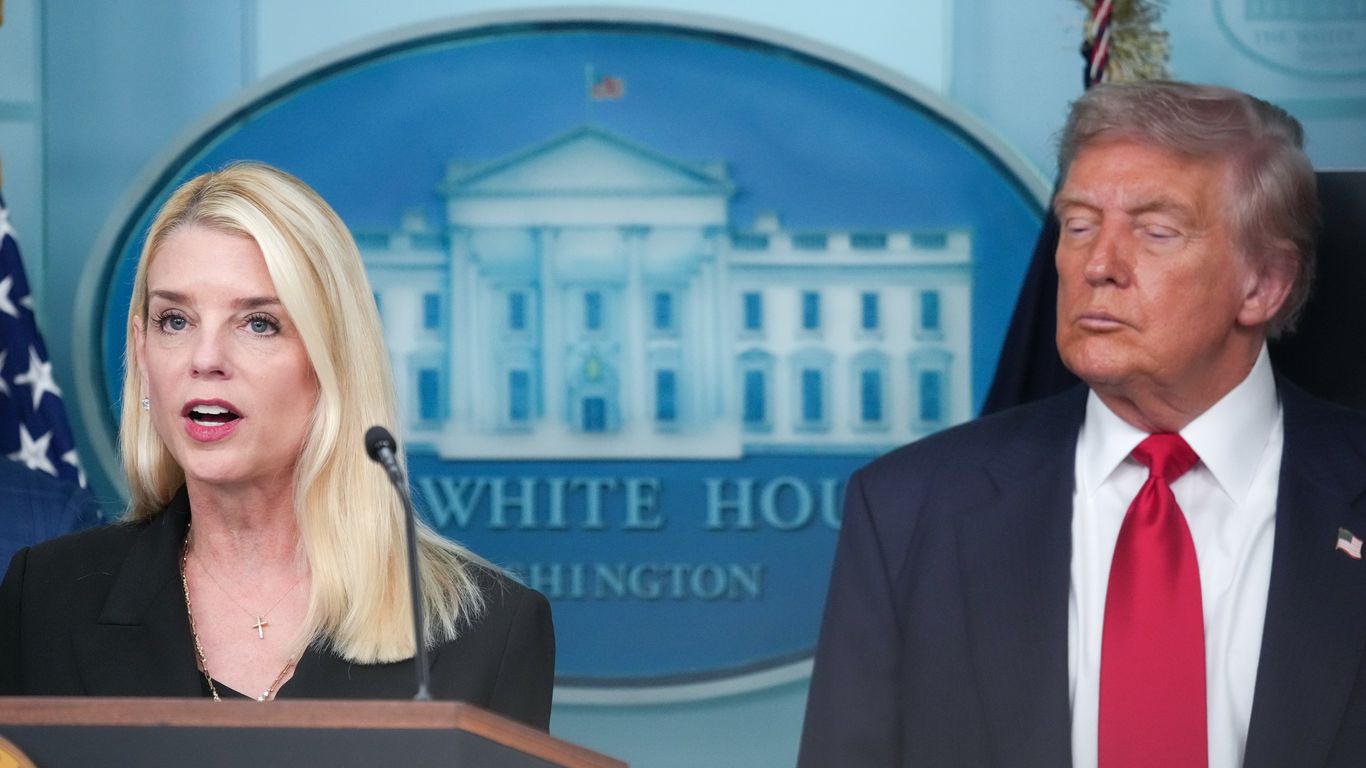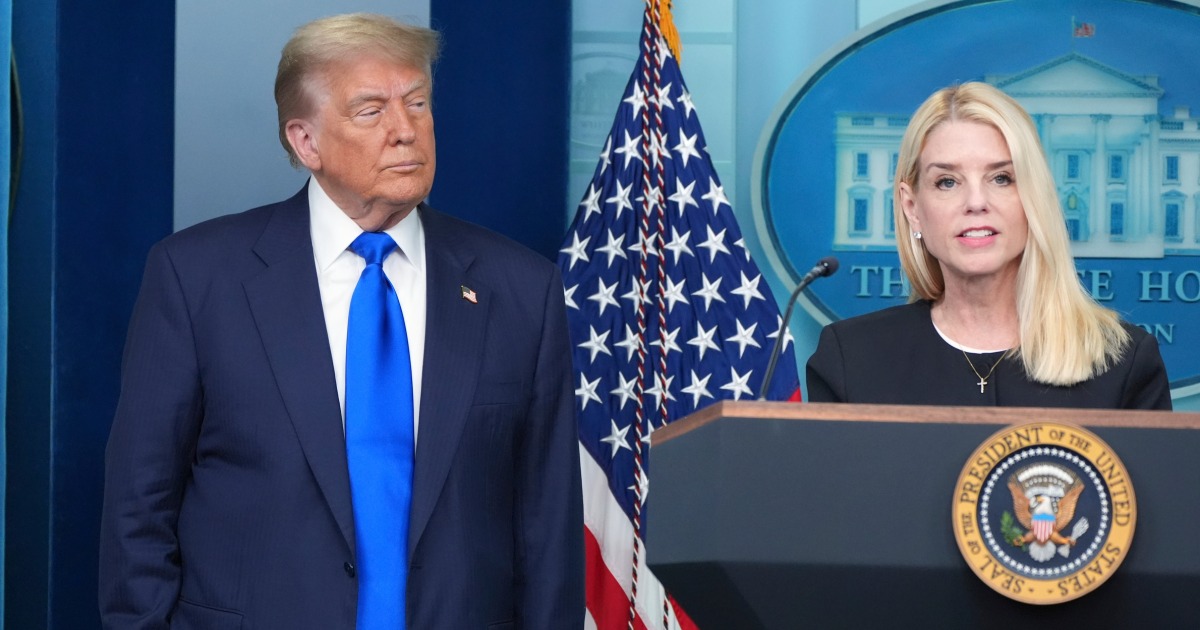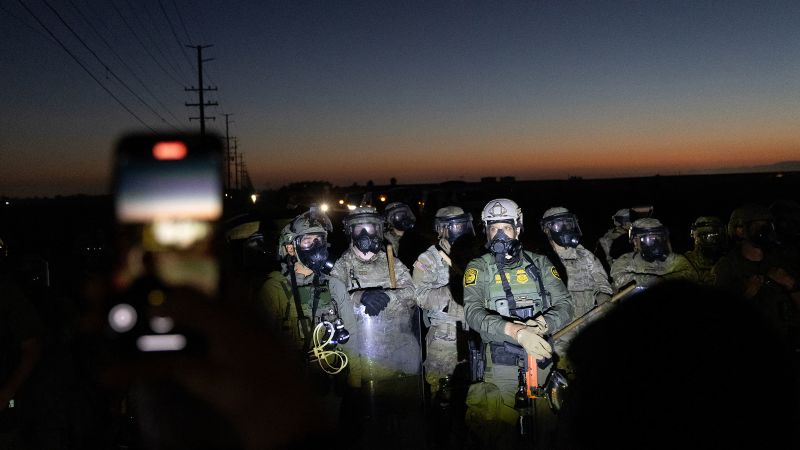Federal Judge Blocks Trump Administration from Cutting Funding to 'Sanctuary' Cities

Trump Administration Blocked from Cutting Funding to 'Sanctuary' Cities
A federal judge has ruled that the Trump administration cannot withhold funding from cities and counties that have policies limiting cooperation with federal immigration efforts. This decision affects 30 cities and counties, including Boston, Chicago, and Los Angeles. The ruling is a major blow to the Trump administration's efforts to crack down on undocumented immigrants.
Background on 'Sanctuary' Policies
'Sanctuary' policies are designed to protect undocumented immigrants from being targeted by federal immigration officials. This can include refusing to hold immigrants in jail for extended periods of time or not sharing information with federal authorities. These policies have been a point of contention between the Trump administration and many major cities, with the administration arguing that they put public safety at risk.
Implications of the Ruling
The judge's decision is a victory for advocates of 'sanctuary' policies, who argue that these policies help foster trust between immigrant communities and law enforcement. This ruling also sets a precedent for future cases involving the Trump administration's attempts to restrict funding to cities and counties that do not comply with its immigration agenda. It remains to be seen how the administration will respond to this setback, but for now, 'sanctuary' cities and counties can continue to operate without fear of losing funding.
About the Organizations Mentioned
Boston
The **Boston Consulting Group (BCG)** is a renowned global management consulting firm headquartered in Boston, Massachusetts. Founded in 1963, BCG is one of the "Big Three" consulting companies, alongside McKinsey and Bain, and is celebrated for its innovative strategies and influential management tools[1][3]. **History and Achievements:** BCG has played a pivotal role in shaping the management consulting industry. In the 1970s, it developed the "growth-share matrix," a framework that helps corporations allocate resources based on business unit performance[3]. The firm also introduced the concept of time-based competition in the 1980s, emphasizing the strategic importance of time management[3]. BCG has expanded its services over the years, partnering with major companies like Amazon and Microsoft to enhance its consulting capabilities[1]. **Current Status:** Today, BCG is a global powerhouse with over 36,000 employees across more than 128 offices in 45+ countries[4]. The firm generates significant revenue, estimated at $12 billion, and is known for its expertise in digital transformation, sustainability, and AI-driven solutions through BCG X[2][4]. BCG serves more than two-thirds of Fortune 500 companies and consistently achieves double-digit revenue growth[2]. **Notable Aspects:** BCG is recognized for its commitment to innovation and societal impact. The firm has made significant strides in sustainability, reducing greenhouse gas emissions and water usage[3]. Under the leadership of CEO Christoph Schweizer, BCG continues to expand its influence in strategic management, customer insights, and digital innovation[3][5]. Its global reach and diverse client base make BCG a leader in both business and social change initiatives[1][6].
Chicago
**World Business Chicago (WBC)** is the City of Chicago’s official economic development agency dedicated to driving inclusive economic growth, job creation, and supporting businesses in the region. Established to promote Chicago as a leading global city, WBC plays a central role in attracting new companies, facilitating corporate expansions, and retaining existing businesses within Chicago and the greater Chicagoland area, which includes seven counties[1]. WBC’s mission focuses on equitable economic development to ensure prosperity for all Chicagoans. Its vision is to make Chicago the most business-friendly city globally by serving as a model for inclusive growth. The agency targets five key industry sectors where Chicago holds competitive advantages and expects high growth over the next decade: Life Sciences and Healthcare, Food & Agtech, Transportation & Logistics, Manufacturing, and Fintech. These sectors are supported by two strategic pillars—Cleantech and Quantum Computing—highlighting WBC’s emphasis on innovation and sustainability[1]. Key initiatives run by WBC include: - **Greater Chicagoland Economic Partnerships**, fostering regional collaboration across Cook, DuPage, Kane, Kendall, Lake, McHenry, and Will counties. - **Chicagoland Climate Investment Alliance**, which promotes climate technology innovation and sustainability. - **Talent and Workforce Development**, connecting businesses to Chicago’s rich talent pool through partnerships with educational institutions and workforce agencies. - **Chicago Sister Cities International**, which leverages Chicago’s 28 sister city relationships to enhance cultural, educational, and international business exchanges[1]. WBC operates at the intersection of public and private sectors, managing economic projects for the City and collaborating with diverse stakeholders to maintain Chicago’s competitive edge in the global economy. Its strategic focus on emerging technologies, sustainability, and talent development aligns with Chicago’s broader economic profile as a hub for manufacturing, finance, and innovation, home to numerous Fortune 500 companies and tech enterprises[1][7]. This positions WBC as a critical driver of business and technological advancement in on
Los Angeles
Los Angeles is a dynamic and influential city in California, renowned globally as the entertainment capital of the world. Founded in 1781, it has evolved from a small Spanish settlement into the second-most populous U.S. city, with over 3.7 million residents as of 2025. Los Angeles spans more than 500 square miles and is celebrated for its Mediterranean climate, vibrant cultural diversity, and thriving economic sectors, especially in entertainment, technology, and real estate[3][9]. The organization often referred to simply as "Los Angeles" in a business and technology context is the city's municipal and tourism apparatus, notably the Los Angeles Tourism & Convention Board. This organization promotes the city's multifaceted attractions, including its rich arts scene, booming culinary landscape, world-class sports institutions, and significant transportation upgrades. In 2025, Los Angeles tourism is marked by new venues, expanded cultural institutions, and enhanced infrastructure projects, such as the $1.7 billion Regional Connector Transit Project and the $30 billion overhaul of LAX, which improve accessibility and visitor experience[1][2]. Key achievements include hosting major global events like the upcoming Olympics, celebrating sports victories such as the Los Angeles Dodgers’ World Series win, and driving transformative real estate projects like Rams Village at Warner Center, which integrate offices, residential spaces, and parks. These initiatives illustrate Los Angeles’ commitment to sustainable urban growth and economic vitality while honoring its diverse communities, such as the cultural revitalization along Crenshaw Boulevard[2]. Currently, Los Angeles stands as the second-best city in America (2025) for business, culture, and innovation, thanks to its adaptive reuse projects, luxury hotel expansions, and robust hospitality sector. The city is a hub for live entertainment, from Lakers games and Hollywood Bowl concerts to Broadway-level theater, continually fueling its reputation as a global creative powerhouse[2][6]. Challenges such as housing shortages and wildfire resilience are actively addressed through innovative city planning and community-focused solutions
